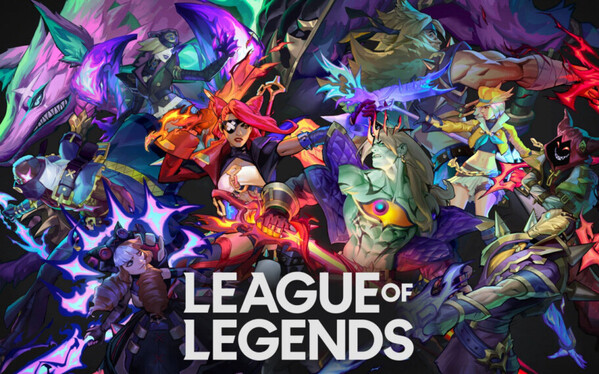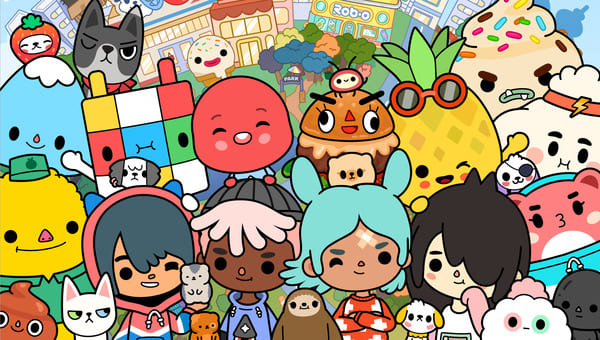Advertisement
Popular Now
Introduction
The "FIFA" series, developed by EA Sports, has long been a staple in the world of sports gaming, attracting millions of players with its realistic gameplay and extensive licensing agreements. However, one aspect of the game that has sparked intense debate is the microtransaction system embedded within its Ultimate Team mode. This article will explore the implications of microtransactions in "FIFA," focusing on how they affect gameplay, the community, and the overall integrity of the game. We will dissect the historical evolution of microtransactions, their economic impact on players, and the ethical questions they raise.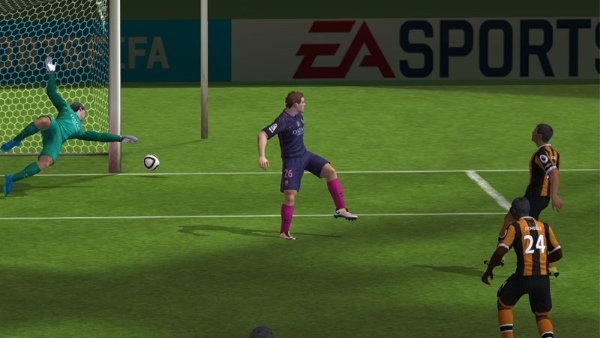
The Evolution of Microtransactions in Gaming
Microtransactions have become a ubiquitous element in modern gaming, evolving significantly over the past two decades. Initially introduced as a way to enhance gameplay or unlock additional content, they have transformed into a pervasive business model that often prioritizes profit over player experience.The Early Days
In the early 2000s, microtransactions were primarily limited to mobile games and free-to-play titles. Games like "FarmVille" popularized the concept of in-game purchases, allowing players to buy virtual currency or cosmetic items. However, the concept was largely absent from full-priced console games, which typically included all content upon purchase.The Shift in Business Models
As the gaming industry evolved, developers began to explore new revenue streams. By the mid-2010s, microtransactions had found their way into major franchises, including "FIFA." EA Sports integrated them into Ultimate Team, a mode that allows players to build their own teams using player cards, leading to a significant shift in how players engaged with the game.Understanding FIFA Ultimate Team
Ultimate Team is a unique mode within "FIFA" that allows players to create and manage their own soccer team. Players can acquire player cards through various means, including matches, pack openings, and the in-game transfer market. This mode has become immensely popular, often overshadowing other gameplay options within the series.The Mechanics of Ultimate Team
Ultimate Team operates on a "card collection" mechanic, where players aim to build the strongest team possible by collecting cards representing real-life players. Players can purchase packs of cards using FIFA Points, which can be bought with real money. This creates a compelling loop, as players are incentivized to spend money for a chance to acquire rare and powerful players.The Appeal of Pack Openings
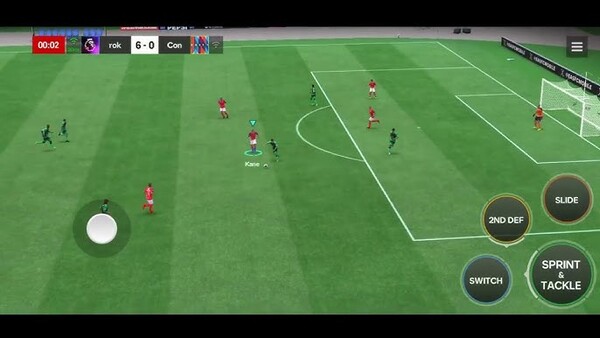 The excitement of opening packs and discovering new players is a central appeal of Ultimate Team. This feature has elements of gambling, as players invest money for a chance to receive high-value cards. The thrill of unpredictability drives many players to continue purchasing packs, creating a cycle of spending that can quickly spiral out of control.
The excitement of opening packs and discovering new players is a central appeal of Ultimate Team. This feature has elements of gambling, as players invest money for a chance to receive high-value cards. The thrill of unpredictability drives many players to continue purchasing packs, creating a cycle of spending that can quickly spiral out of control.
The Economic Impact on Players
Microtransactions in Ultimate Team have significant economic implications for players. While the option to engage with microtransactions is voluntary, many players find themselves pressured to spend money to remain competitive.Pay-to-Win Dynamics
One of the most contentious issues surrounding microtransactions in "FIFA" is the perceived "pay-to-win" nature of Ultimate Team. Players who invest money can acquire better players and improve their teams more quickly than those who do not spend. This creates a disparity that can diminish the overall enjoyment for casual players who may not wish to spend additional money on the game.The Cost of Competing
To illustrate the economic impact, consider that a player could spend hundreds of dollars on FIFA Points to acquire top-tier players and complete their squad. This financial burden can lead to frustration among players who feel they must spend money to keep up with others. The pressure to compete can transform what should be a fun gaming experience into a stressful financial commitment.Community Reactions and Backlash
The introduction of microtransactions in "FIFA" has not gone unnoticed by the gaming community. Players have expressed a range of reactions, from frustration to outright anger at EA Sports.Protests and Boycotts
As dissatisfaction with the microtransaction model grew, various movements emerged within the community. Some players organized protests, advocating for changes to the Ultimate Team system. In extreme cases, players have even boycotted the game altogether, vowing not to purchase any FIFA titles until the microtransaction system is reformed.Social Media Outcry
Social media platforms have become a battleground for expressing discontent. Players frequently share their experiences with microtransactions, highlighting their frustrations with the system. Hashtags like #FixFIFA and #FIFABoycott have trended, showcasing the collective voice of a community that feels marginalized by the business practices of EA Sports.The Ethical Debate: Is It Gambling?
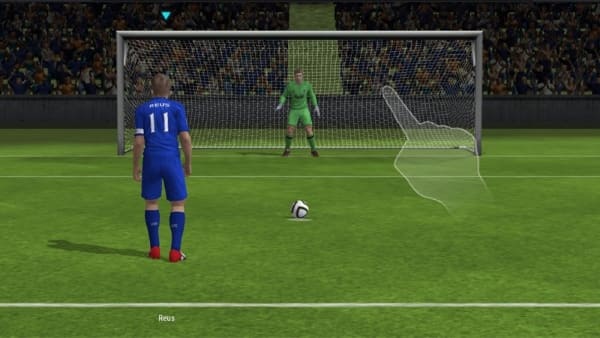 The nature of microtransactions in Ultimate Team has sparked an ethical debate surrounding the line between gaming and gambling. Many critics argue that the pack-opening mechanic closely resembles gambling, particularly due to its randomized rewards.
The nature of microtransactions in Ultimate Team has sparked an ethical debate surrounding the line between gaming and gambling. Many critics argue that the pack-opening mechanic closely resembles gambling, particularly due to its randomized rewards.









